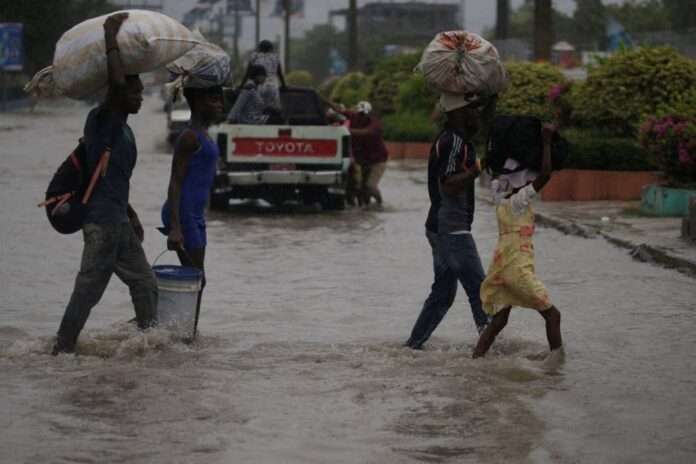This year was illustrative of what the WMO says are the challenges ahead, with hot weather and drought hampering power production in parts of Europe and China. — Reuters pic
Follow us on Instagram, subscribe to our Telegram channel and browser alerts for the latest news you need to know.
GENEVA, Oct 11 — Energy infrastructure will become more vulnerable to extreme weather such as heatwaves and hurricanes, the World Meteorological Organisation warned today, with a senior official saying that climate change poses as big a threat to global energy security as the war in Ukraine.
This year was illustrative of what the WMO says are the challenges ahead, with hot weather and drought hampering power production in parts of Europe and China. Russia’s invasion of Ukraine, which Moscow calls a “special military operation”, has led to deep cuts to European energy supplies, with possible power rationing and blackouts ahead.
“I think that if we don’t do anything, if we don’t make our energy system more resilient to climate change, there will be as big a disruption in the energy system as the war,” Roberta Boscolo, WMO climate and energy lead told Reuters as the UN agency launched a major report on energy.
To meet the challenges, she said “huge” investment was needed to prepare for and adapt to that scenario, such as retrofitting dams to match new rainfall patterns and shoring up plants against storm surge. A WMO document showed that more than a third of all nuclear plants are found at sea level and said some will be threatened as they rise.
Overall, the WMO said in its report that countries are behind in their renewable power pledges, saying they have so far committed to building less than half of the capacity needed by 2030 to reach the Paris accord goals.
However, the WMO secretary-general said that he expects the Ukraine war to accelerate the transition to renewables, despite greater short-term reliance on fossil fuels such as coal.
“…It’s speeding up this green transition,” Petteri Taalas said at an earlier press conference. “From a climate perspective, the war in Ukraine may be seen as a blessing.”
Taalas said countries should also consider making “certain compromises” to meet global emissions targets such as embracing nuclear power despite misgivings about waste. — Reuters



